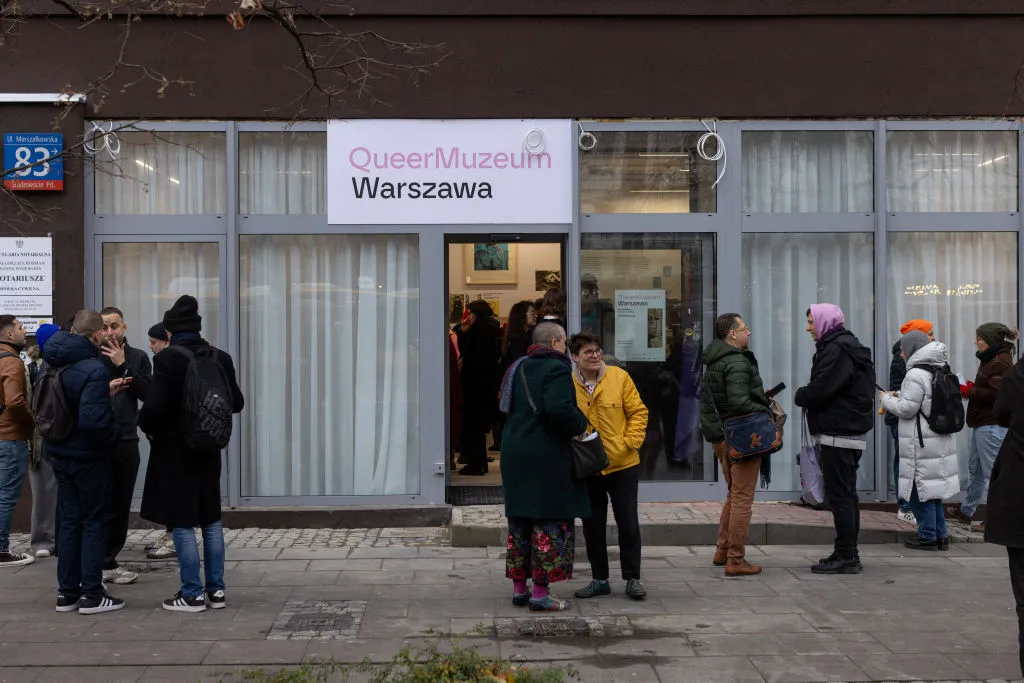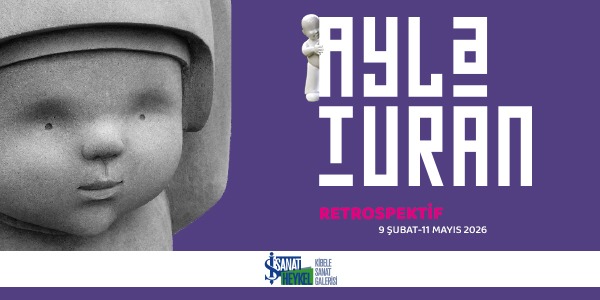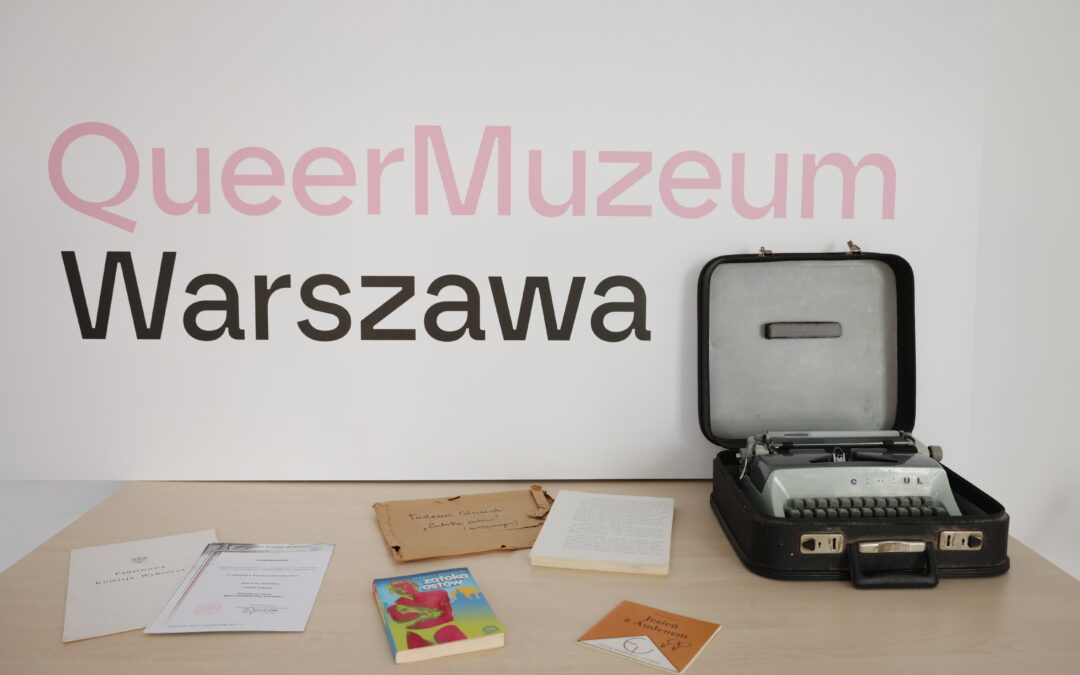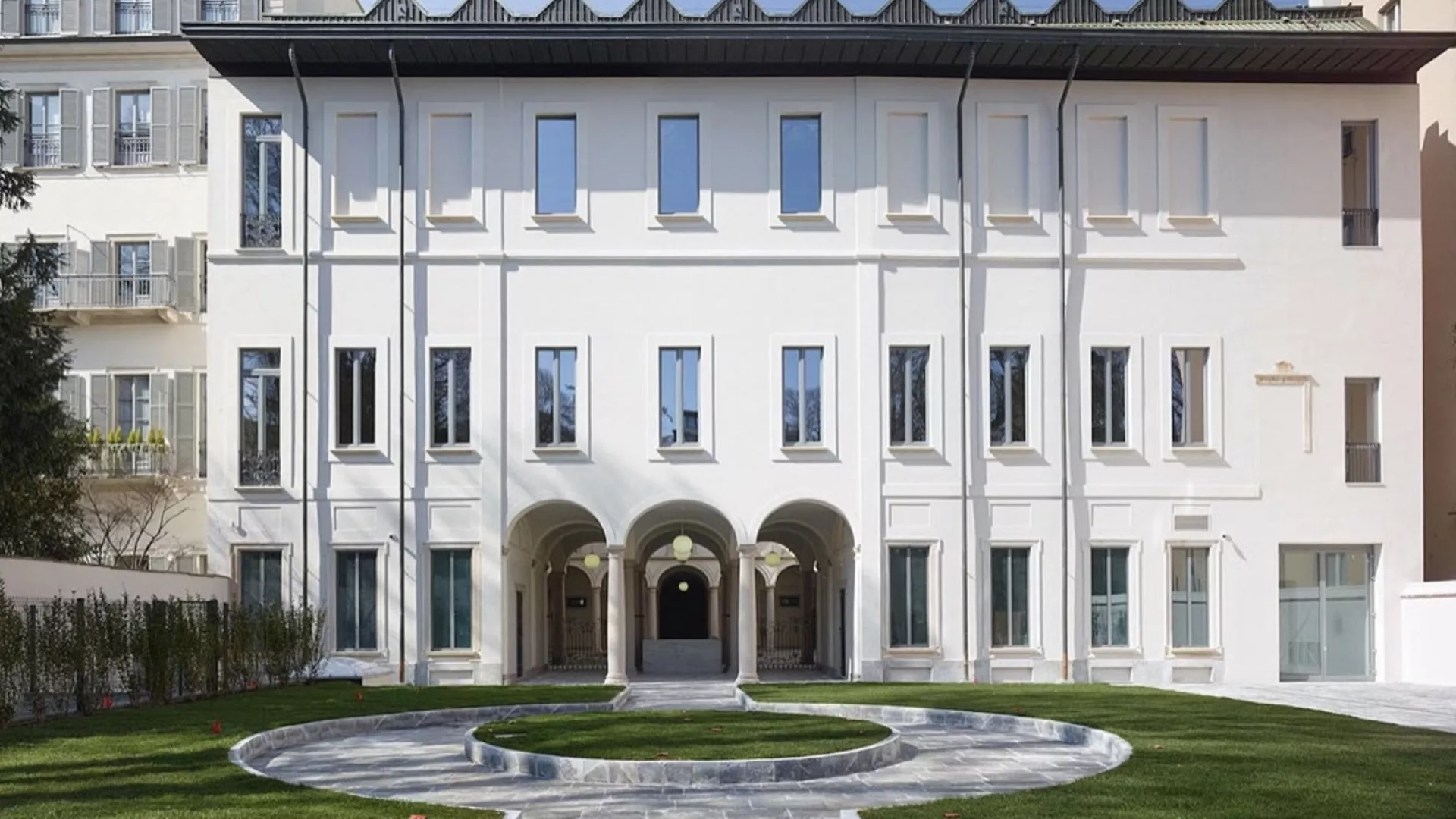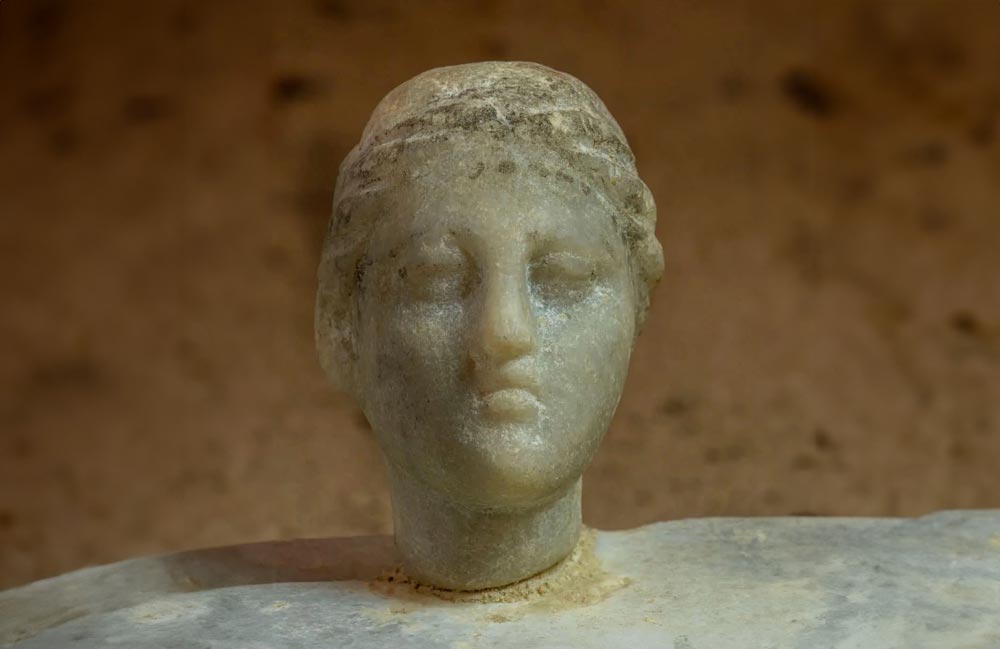In a groundbreaking move, Poland has unveiled its first museum dedicated to LGBTQ history, marking a significant cultural milestone in a country where queer rights remain severely restricted. Situated on Warsaw’s Marszałkowska Street, the museum was established by Lambda, a prominent Polish nonprofit that has also supported queer refugees in recent years.
Miłosz Przepiórkowski, Lambda’s president, described the initiative as “the first queer museum in the world in a country with the worst legal situation for queer people in the EU.” The museum showcases nearly 150 artifacts, including letters, photographs, and early activist materials, documenting Poland’s LGBTQ history as far back as the 16th century.
The opening ceremony drew notable figures from Poland’s LGBTQ activist circles, including Andrzej Selerowicz and Ryszard Kisiel, who were prominent during the 1980s. Both activists donated personal items to the collection, with Kisiel contributing a vintage safe-sex pamphlet and Selerowicz offering a photograph of himself and his partner, taken 45 years ago.
Krzysztof Kliszczynski, Lambda’s director, highlighted the challenges of preserving LGBTQ histories in Poland, where many records have been lost or deliberately destroyed. Despite the museum’s symbolic importance, activists continue to face legal and societal barriers, with same-sex partnerships still unrecognized by Polish law.
The museum stands as a beacon of resilience, offering hope and visibility for Poland’s queer community, even as the fight for equality persists.





